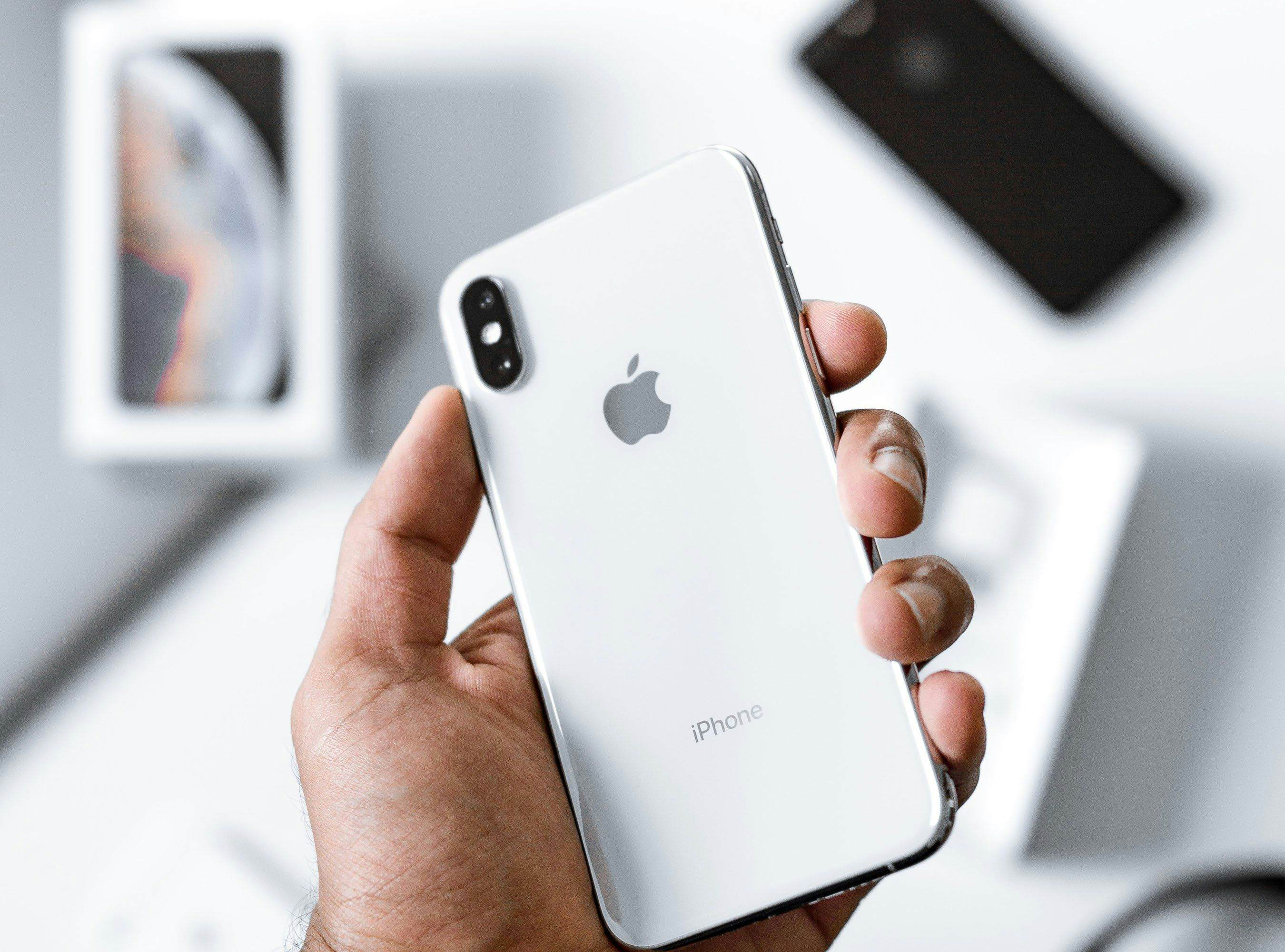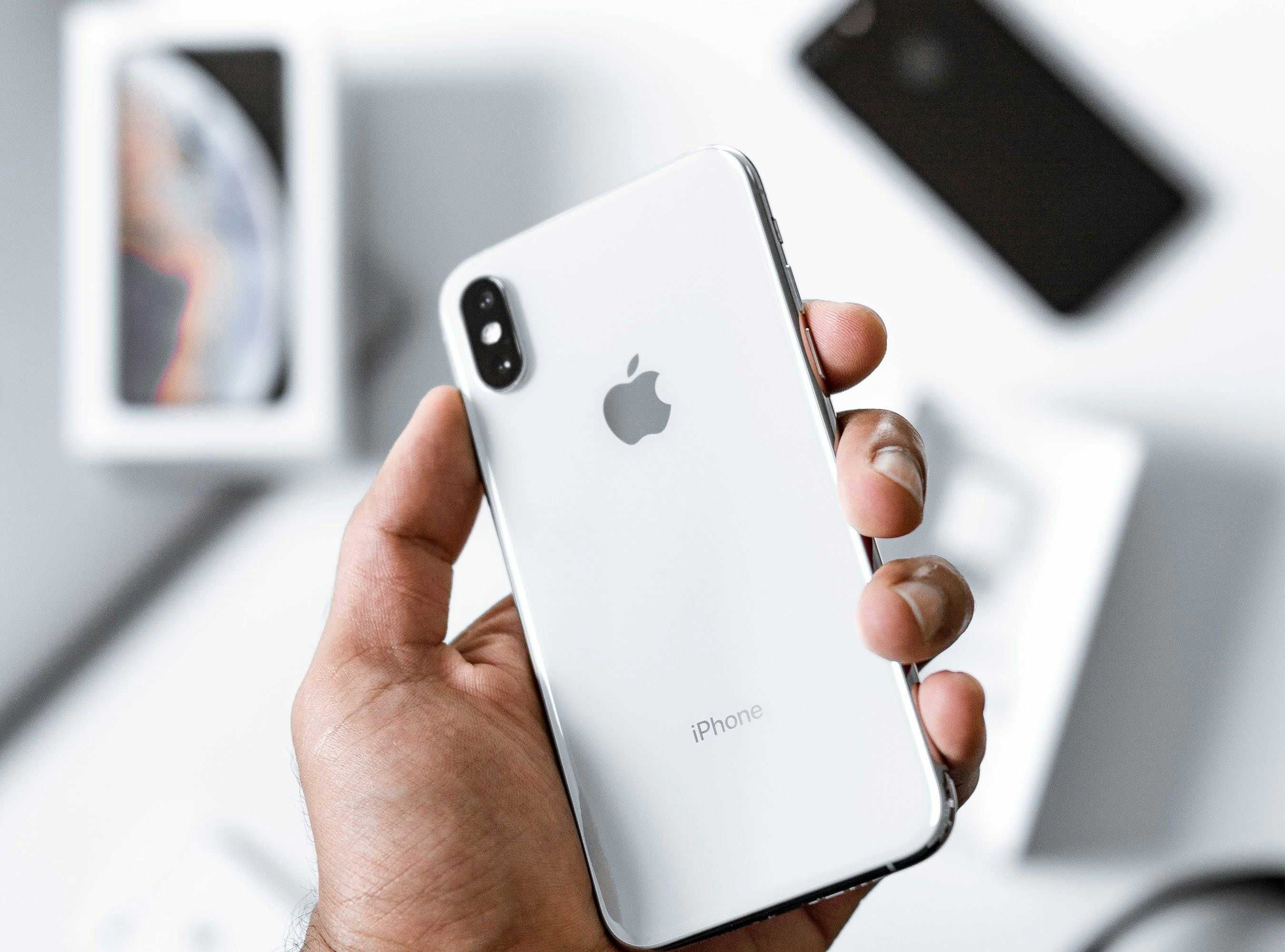The Apple iPhone has inarguably changed the telecommunications landscape. With over 100 million iPhone users in the United States, Apple, which has sold more than 1.5 billion iPhones since 2009, accounts for approximately 45% of all smartphone users. Part of the iPhone consumer experience (and what may have played a part in Apple’s huge profitability) is the steady stream of new model releases which promise additional features and better performance. But after some consumers began noticing a significant slowdown in their phone’s performance after certain system updates were conducted, questions arose as to whether Apple was purposely sabotaging its older models to encourage users to purchase the latest ones.
After multiple class action lawsuits were filed against the company alleging wrongdoing, Apple has now agreed to a tentative settlement that may result in a payout of $500 million in damages to its consumers. In light of the popularity of the iPhone, and number of prospective class members in the suit, the settlement could mean that payments can be made to a large portion of the iPhone user population.
The Lawsuit Allegations
The claims leading up to the settlement date back to 2016 when an issue with the phone’s battery arose. Apple later admitted in 2017 that one of its software updates reduced the performance of its older iPhone models. The lawsuits rapidly rolled in, with the United States Judicial Panel on Multidistrict Litigation eventually consolidating and transferring 61 of the pending lawsuits to the Northern District of California—the location of Apple’s headquarters as well as the origin of over half of the actions.
Lawsuits alleged that Apple engaged in false advertising and unfair business practices by releasing management system updates that intentionally hurt phone performance. Specifically, users alleged that their phones were suddenly shutting down even when the battery was partially charged. In 2016, Apple admitted to a limited problem with its batteries being exposed to “ambient air.” The company offered battery replacement to a limited number of consumers that owned the iPhone 6s version. However, plaintiffs allege that the problem extended beyond the limited scope of Apple’s admissions.
In 2017, Apple’s issues were further expounded when a software update, known as iOS 10.2.1, was released which throttled the phone’s performance to reduce unexpected shutdowns caused by battery issues. Another update, iOS 11.2, was subsequently released. By December 2017, Apple admitted that the updates intentionally slowed the devices because their lithium-ion batteries became “less capable of supplying peak current demands when in cold conditions, have a low battery charge or as they age over time.” The plaintiffs alleged that phone performance deteriorated after the installation of certain Apple software updates. The class actions further allege Apple purposely concealed these defects from its customers.
The Settlement
Although Apple denies any wrongdoing, a preliminary settlement has been negotiated pending approval of the United States District Judge Edward Davila, of San Jose, California. Apple has agreed to pay up to $500 million to settle the class action lawsuits that allege the company purposely slowed its iPhone products to induce customers to buy newer phones.
The settlement would require Apple to pay its consumers $25 per iPhone, with a minimum total payout of $310 million. Owners of the iPhone versions 6, 6 Plus, 6s, 6s Plus, 7, 7 Plus, or SE that ran the iOS 10.2.1 or later operating system are eligible for the payout. The payout also includes users of the iPhone 7 and 7 Plus that ran the iOS 11.2 operating system or later before December 21, 2017. The iPhone users named in the lawsuits will be awarded $3,500 each. The rest of the settlement will be dispersed to users who meet the above eligibility requirements and who properly file a claim. Impacted users may submit claims until October 6, 2020, via the settlement website.
The potential settlement does not necessarily mean all is well for Apple. The Justice Department and the Securities and Exchange Commission are investigating the company over potential securities violations in relation to its failure to disclose the issues surrounding the software updates.
While it is hard to imagine a world where Apple is not the top seller of smartphones, the extent of this settlement, and the effect, if any, it may have on Apple, is an issue that will be uncovered as the settlement becomes finalized and the payments start dispersing.




